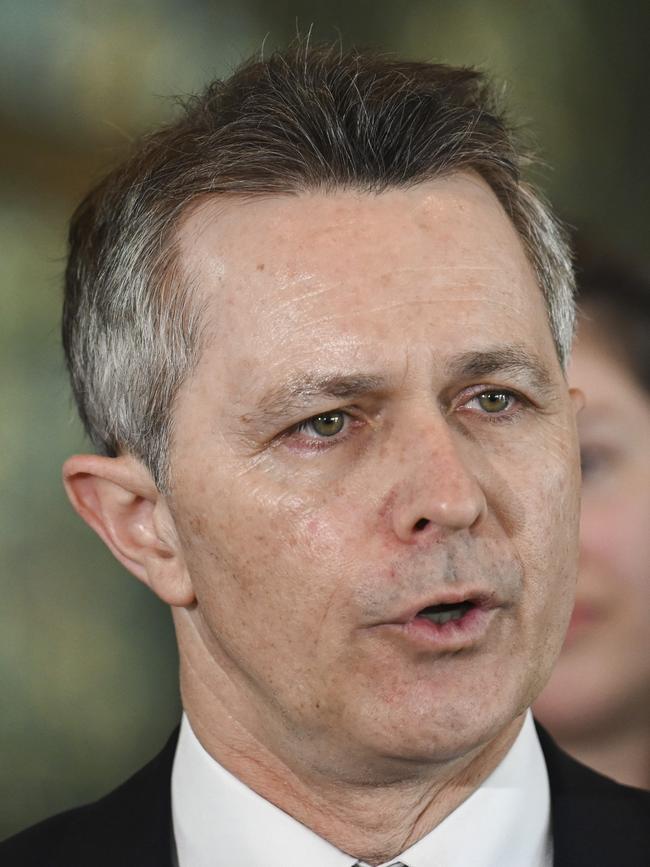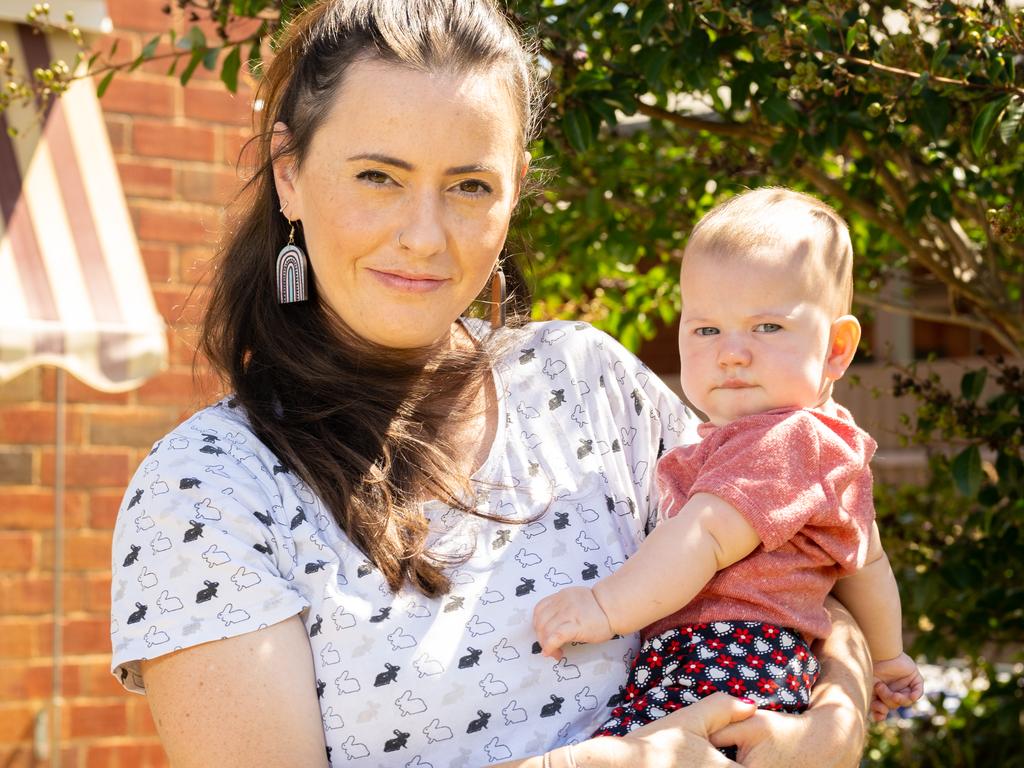‘Make childcare free for families earning under $80,000’, says Productivity Commission
All families with children under five should have access to at least 30 hours of high quality Early Childhood Education and Care for 48 weeks per year by 2036, the Productivity Commission has recommended.

Free daycare for the poorest families and taxpayer subsidies for parents who don’t work or study spearhead a $6bn reform package likely to be unveiled by the Albanese government before next year’s election.
Free daycare and preschool for families earning less than $80,000 a year – even the unemployed – tops 56 recommendations to the government by the Productivity Commission in a report released on Wednesday.
Education Minister Jason Clare said the reforms would boost government spending on childcare subsidies from $12bn to $17bn a year. “There’ll be an election in the next 12 months … we’ll respond to this report in the next few months or so,’’ he said. “What’s recommended here would require a significant additional investment in our children.’’
Abolition of the “activity test’’ requiring parents to work or study would follow the government’s $3.5bn pre-election cash splash of a 15 per cent pay rise to 200,000 childcare workers.
The childcare sector welcomed the recommendations of a right to early childhood education and care for every child. In a windfall for working parents, the report calls on state and territory governments to make outside school hours care available in every public primary school with “viable demand’’.
Mr Clare said a quarter of three-year-old children, and one in 10 four-year-olds, were missing out on childcare or preschool before they started school.
He said many of those children “start behind’’ at school and fail to catch up with classmates, resulting in rising drop-out rates from high school flowing through to lower enrolments at university or TAFE.
“The children who need (it) the most are the ones who aren’t there,’’ Mr Clare said. “It’s kids from poor families, kids from the regions and kids with additional needs who are most likely to benefit from early education and care, and currently they are least likely to access it. If we can do something about that ... then that will be a significant reform.’’
Early Childhood Education Minister Anne Aly said: “Every child in Australia, no matter who they are, no matter where they live, no matter what their background, should have access to affordable, inclusive early childhood education and care.’’

The federal government has already waived the requirement for both parents to work or study to gain access to cheap childcare for Indigenous children.
In the 941-page report released after an 18-month inquiry, the Productivity Commission has backflipped on its long-standing advice that parents must work or study to qualify for taxpayer subsidies on childcare. It now recommends the “activity test’’ be abolished as the “first step’’ in a 10-year reform agenda to make early childhood education and care free for poor families.
All families with children under five should have access to at least 30 hours, or three days, of care for 48 weeks a year by 2036, the report says. It says the government should modify the Child Care Subsidy by raising the rate for families with an income at or below $80,000 to 100 per cent of the fee.
The subsidy would be reduced by one percentage point for every $5000 above $80,000.
Currently, families earning less than $80,000 a year are eligible for a 90 per cent childcare subsidy – which can still leave them $20 a day out of pocket, given that some centres charge $200 a day.
Stay-at-home parents who fail the activity test can already access 24 hours a fortnight – typically one day a week – of subsidised care if they earn less than $80,000 a year. All families can access 36 hours a fortnight – typically one or two days a week – if both parents work, study or volunteer for between eight and 16 hours a fortnight.
As part of its inquiry, the Productivity Commission considered a 90 per cent subsidy rate for all families, but found this would disproportionately benefit the highest income earners.
“A universal 90 per cent subsidy or a $10-a-day flat fee come at a higher cost and do not prioritise families experiencing disadvantage,” it concluded.
Workforce pressures were among the key challenges facing the sector, with the commission finding differences in teacher registration between different states and territories were one of many “unnecessary workforce barriers” confronting graduates.
The commission said the government should let workers with older Certificate III qualifications enrol in diploma courses, and called on more universities to fast-track early childhood teaching degrees for diploma-qualified students. Labor last month announced a 15 per cent wage rise for childcare staff, tied to a requirement that childcare centres limit fee increases to 4.4 per cent for the next 12 months.







To join the conversation, please log in. Don't have an account? Register
Join the conversation, you are commenting as Logout